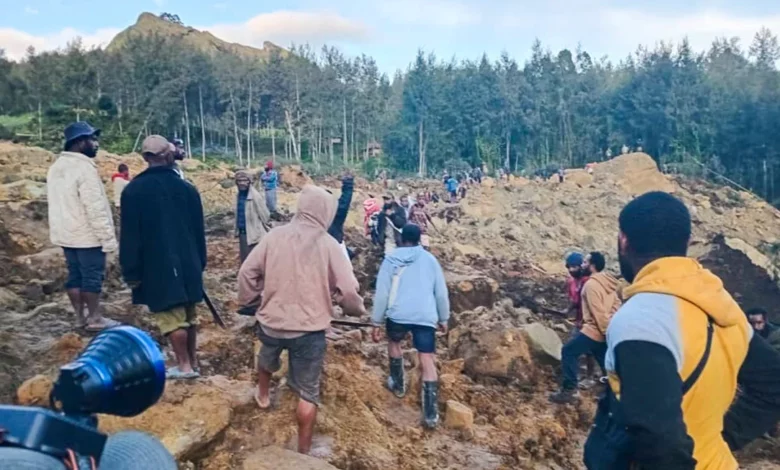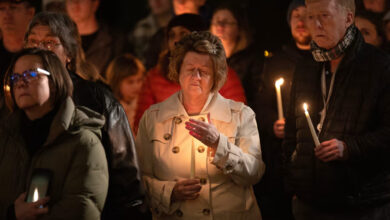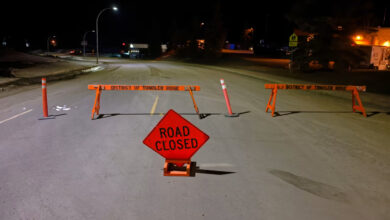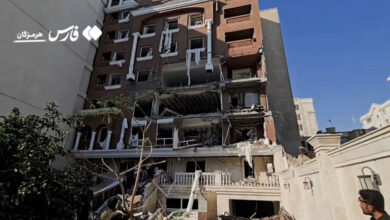
Three bodies have been recovered after a landslide in Papua New Guinea, local officials told CNN on Saturday, adding that the death toll was likely to rise to a “significant” total.
The disaster hit the remote village of Kaokalam, about 600 kilometers (372 miles) northwest of the capital Port Moresby, at approximately 3 a.m. local time on Friday, leaving a scar of debris that humanitarian workers say is as big as four football pitches.
Three bodies have so far been recovered, but “we are expecting the number to be significant,” Sandis Tsaka, provincial administrator of Enga province, told CNN.
More than 100 are believed to be dead, Janet Philemon, caretaker and national treasurer of the Papua New Guinea Red Cross Society, previously told CNN.
Tsaka said on Saturday that the landslides impacted about 3,900 people.
Humanitarian group CARE Australia said, citing local authorities, that “over 60 homes have been destroyed, and at present, all members of these households remain unaccounted for.”
Serhan Aktoprak, head of mission for the International Organization for Migration in the country, described the scale of the human catastrophe.
“Children are separated from their mothers and fathers. Relatives are trying to find their missing ones. That’s… not helping a lot because people are still in shock,” he told CNN.
“Every minute that passes is basically decreasing our hopes and increasing our frustrations.”
Emergency responders were deployed to the site, but rescue efforts have been hampered by damage to a main highway, which limited access to affected areas, according to Tsaka.
“The impact area is huge, 150 meters of the road is gone and the landslide area is very active – moving debris and moving rocks – which is making it difficult for our first responders,” he said, adding the debris is about 6 to 8 meters (around 20 to 26 feet) deep.

CARE Australia said the obstruction “will likely take considerable time to clear.”
“While the area is not densely populated, our concern is that the death toll could be disproportionately high,” it said.
A Pacific nation home to around 10 million people, Papua New Guinea is rich in resources. But its economy has long trailed those of its neighbors, and it has one of the highest crime rates in the world.
Hundreds of tribes are spread across the country’s remote and often inaccessible terrain. But its vast and diverse mountainous landscape, as well as a lack of roads, has made it difficult and costly to upgrade basic services like water, electricity and sanitation.




